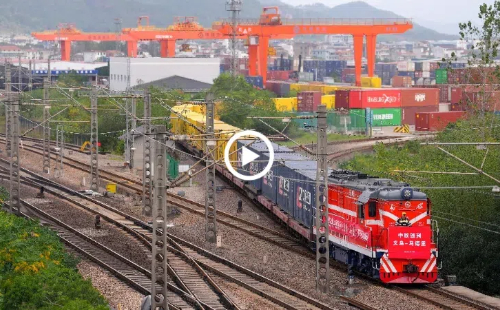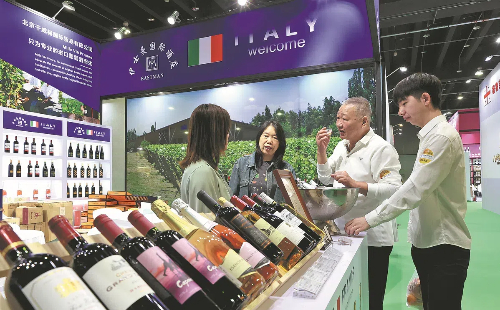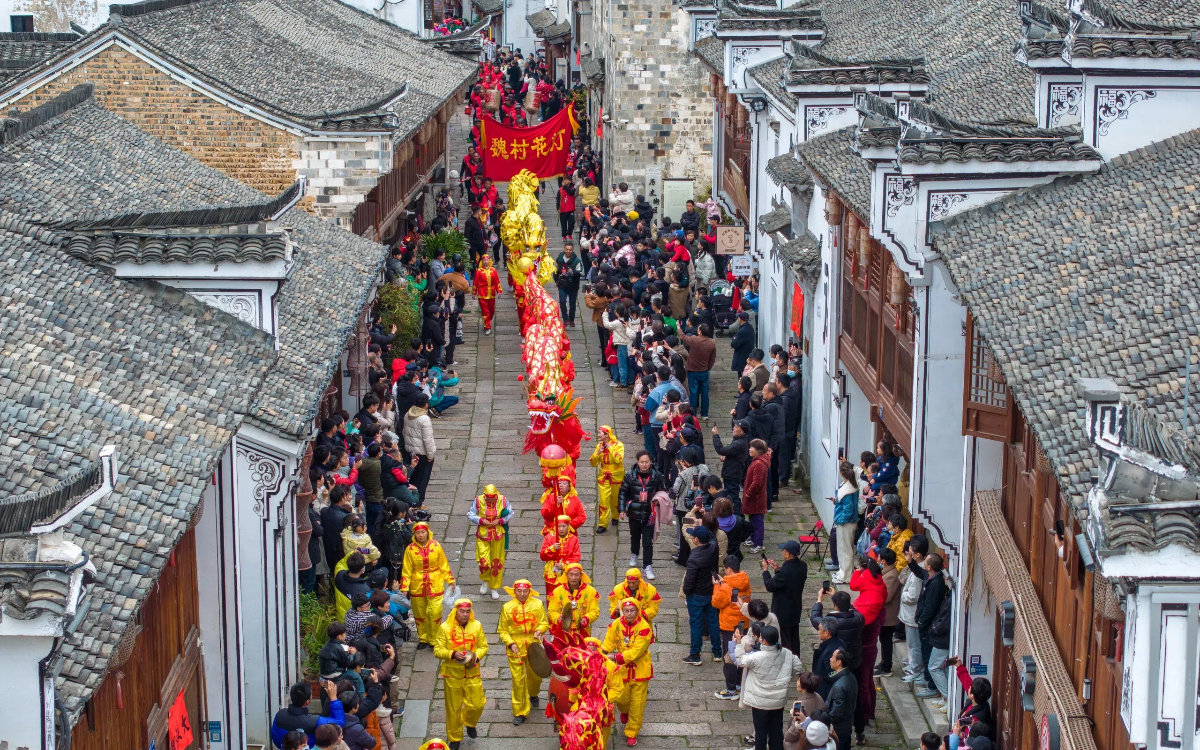Yangtze belt development to get boost
Political Bureau emphasizes advancing high-level, green growth of major region
A key meeting of the Communist Party of China highlighted on Monday the need to advance the high-quality development of the Yangtze River Economic Belt, calling for unwavering efforts to protect its ecology and environment and propel innovations in science and technology.
The meeting of the Political Bureau of the CPC Central Committee — the Party's core leadership — reviewed a guideline on policies and measures to further promote the high-quality development of the economic belt, a region of 11 provincial-level areas along the Yangtze River.
Xi Jinping, general secretary of the CPC Central Committee, presided over the meeting, which also deliberated a set of regulations on CPC leadership over foreign affairs.
The meeting came after Xi chaired a symposium on Oct 12 with high-level officials in Nanchang, Jiangxi province, to deliberate on steering the economic belt's high-quality growth — the fourth meeting of its kind that he has presided over since 2016.
Policymakers stressed on Monday the significant changes in the region since the implementation of the strategy to build the economic belt, including in the ecology and environment, development modes, regional integration, and reform and opening-up.
According to official statistics, the economic belt covers more than 2 million square kilometers, or one-fifth of China, and accounts for over 40 percent of the total national population. Its GDP reached 55.98 trillion yuan ($7.86 trillion), over 46 percent of the national total, in 2022.
According to an official summary of the meeting, policymakers underlined that a high-quality ecology and environment in the Yangtze River basin is the fundamental guarantee of the economic belt's high-quality growth.
It is important to continue to promote well-coordinated environmental conservation and avoid excessive development, with greater efforts set to be made on high-quality protection to guard the ecological red lines and coordinate efforts to cut carbon emissions and pollution, expand green areas and promote growth, the summary said.
The meeting also emphasized the necessity to take innovation in science and technology as the driving force and actively explore new sectors and tracks for development, adding that integration of innovation chains in the region must be reinforced and the modernization of supply and industrial chains must be moved forward.
The planning and transfer of industries along the Yangtze River must be coordinated in order to better connect the domestic and international markets and make good use of both markets, the policymakers said.
The dynamism and reliability of the domestic market must be further enhanced, and more work must be done to increase the attractiveness to the international market, they added.
The meeting also stressed the importance of inter-provincial consultation, of shared ecological governance and common development, including steps to improve the level of integration in regional transportation, deepen market-oriented reforms and promote coordinated regional development.
The economic belt must coordinate development and security, ensure the security and stability of key industrial and supply chains for the nation, and bolster its capacity in disaster prevention and mitigation, the summary said.
It also called for greater policy support to enable the rollout of major reform measures in key sectors.
As for the regulations on CPC leadership over foreign affairs, the meeting highlighted the significance of the document in institutionalizing the Party's long-term leadership over foreign affairs, including concepts, systems and successful practices.
It stressed the need to further strengthen the centralized and unified leadership of the CPC Central Committee over foreign affairs, and to accelerate efforts to create a sound system of laws and regulations on foreign-related matters.





 play
play